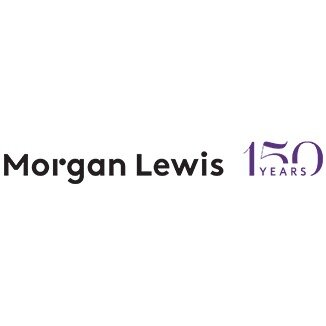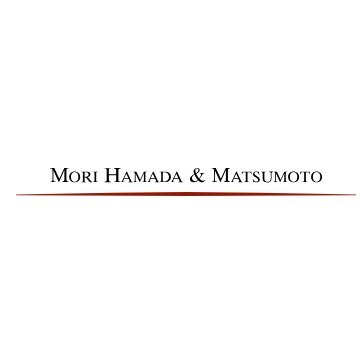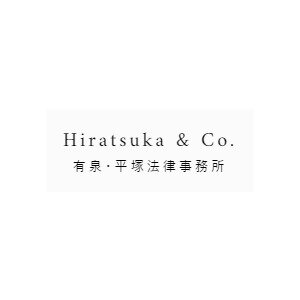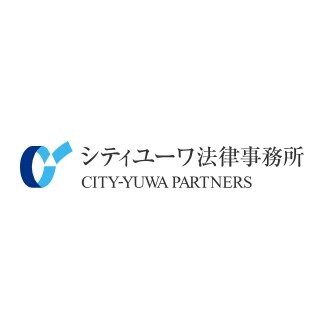Best Merger & Acquisition Lawyers in Chiyoda-ku
Share your needs with us, get contacted by law firms.
Free. Takes 2 min.
List of the best lawyers in Chiyoda-ku, Japan
About Merger & Acquisition Law in Chiyoda-ku, Japan
Merger & Acquisition (M&A) law in Chiyoda-ku, Japan, involves the legal processes surrounding the consolidation of companies or assets. Japan's legal framework for M&A is based on several key pieces of legislation, including the Companies Act, the Anti-Monopoly Act, and various regulations for foreign investment, such as the Foreign Exchange and Foreign Trade Act. Chiyoda-ku is a district in Tokyo that serves as a major commercial hub, and consequently, it is a predominant area for business consolidations and transactions in Japan.
Why You May Need a Lawyer
Legal help is often required in M&A transactions for due diligence, negotiation, drafting and reviewing agreements, and ensuring regulatory compliance. Lawyers are particularly needed in complex deals involving cross-border elements, public companies, or significant regulatory scrutiny. They also assist in structuring the transaction to optimize tax implications and in resolving disputes that may arise during or after the M&A process.
Local Laws Overview
In Chiyoda-ku and across Japan, the Companies Act dictates the types of corporate structures available and the legal processes for mergers, acquisitions, and company reorganizations. The Anti-Monopoly Act is critical in preventing unfair trade practices and ensuring that M&A transactions do not create monopolistic market conditions. Moreover, foreign entities looking to engage in M&A activities may need to comply with the Foreign Exchange and Foreign Trade Act, which includes restrictions and requirements for foreign investment in Japanese companies, especially in industries deemed sensitive to national security.
Frequently Asked Questions
What is the difference between a merger and an acquisition in Japan?
A merger involves the unification of two companies into a single entity, typically with one company absorbing the other, while an acquisition is the purchase of one company by another, with the acquired company often maintaining its legal independence post-transaction.
Are there specific anti-trust laws to consider in M&A activities in Japan?
Yes, the Anti-Monopoly Act must be considered as it governs the competition and prevents the formation of monopolies. Transactions that may significantly restrict competition in any particular market may be subject to review and possible intervention by the Japan Fair Trade Commission (JFTC).
Is it mandatory to obtain regulatory approval for an M&A deal in Japan?
Regulatory approval may be required for certain M&A transactions depending on the deal size, industry, and market share. Particularly, large-scale M&A transactions might require notification to, and approval by, the JFTC to ensure compliance with anti-trust laws.
What are the responsibilities of the acquiring company concerning employees' rights?
Japanese labor laws protect employees during an M&A transaction. The acquiring company is generally required to respect existing employment contracts, and any changes to employment conditions need to be negotiated with the employees or their representatives.
How is due diligence conducted in Japan?
Due diligence in Japan typically includes an extensive review of the target company's legal, financial, and operational aspects. This process is intended to identify any potential risks or liabilities before finalizing an M&A transaction.
Can foreign companies freely acquire Japanese companies?
Foreign companies can acquire Japanese companies, but they may be subject to restrictions under the Foreign Exchange and Foreign Trade Act. Certain industries viewed as critical to national security, public order, or public safety may require prior notification or approval from the relevant Japanese authorities.
What are the tax implications of M&A transactions in Japan?
Tax implications can vary significantly depending on the transaction's structure. Both the selling and buying entities must consider corporate tax, capital gains tax, and other relevant taxes. Professional tax advice is crucial in these transactions.
Are there any specific considerations for cross-border M&A transactions in Japan?
Cross-border M&A transactions involve additional considerations such as exchange rate risk, differing tax regimes, additional regulatory hurdles, and cultural and language differences that can impact due diligence, negotiations, and integration post-transaction.
How is the fair value of an acquisition determined in Japan?
Fair value is typically determined by financial analysis and valuation methods such as Discounted Cash Flow (DCF), market comparables, or asset-based valuations. An experienced financial advisor or consultant is often necessary for this process.
What role does a lawyer play after the M&A deal is closed?
Post-closing, lawyers may assist with the integration process, ensure that the transaction is properly executed according to the agreements, and help with any disputes or legal issues that arise.
Additional Resources
Persons in need of legal advice for M&A transactions in Chiyoda-ku may consult the Tokyo Bar Association, the Japan Fair Trade Commission, or the Ministry of Economy, Trade, and Industry, all of which provide resources and may offer support for legal and regulatory inquiries. Additionally, the Japanese External Trade Organization (JETRO) offers guidance for foreign investors.
Next Steps
If you need legal assistance in an M&A transaction, you should start by consulting with a legal professional who specializes in corporate law and has experience with M&A in Japan. It's important to engage a lawyer early in the process to help navigate the complex legal requirements and to facilitate a smooth transaction.
Lawzana helps you find the best lawyers and law firms in Chiyoda-ku through a curated and pre-screened list of qualified legal professionals. Our platform offers rankings and detailed profiles of attorneys and law firms, allowing you to compare based on practice areas, including Merger & Acquisition, experience, and client feedback.
Each profile includes a description of the firm's areas of practice, client reviews, team members and partners, year of establishment, spoken languages, office locations, contact information, social media presence, and any published articles or resources. Most firms on our platform speak English and are experienced in both local and international legal matters.
Get a quote from top-rated law firms in Chiyoda-ku, Japan — quickly, securely, and without unnecessary hassle.
Disclaimer:
The information provided on this page is for general informational purposes only and does not constitute legal advice. While we strive to ensure the accuracy and relevance of the content, legal information may change over time, and interpretations of the law can vary. You should always consult with a qualified legal professional for advice specific to your situation.
We disclaim all liability for actions taken or not taken based on the content of this page. If you believe any information is incorrect or outdated, please contact us, and we will review and update it where appropriate.














